Pets are good to keep in your house as they become a member of your family when you bring them. People usually have dogs and cats as pets in their homes.
If you want to try some other pet for your house, this post will guide you about some rare exotic mammals that you can keep as a pet.
Sugar Glider
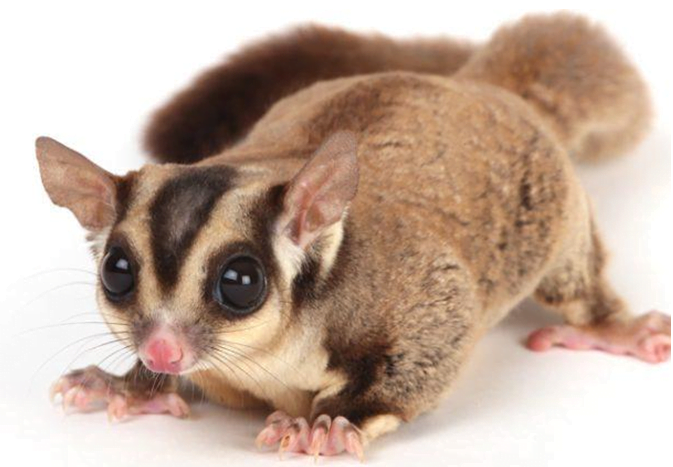
The tiny marsupials are natives of Australia, and they love climbing on trees. Their furry membrane enables them to glide and climb on trees like a squirrel. They are active at night and need to sleep in the daytime. If you want to keep a sugar glider as a pet in your home, it is best to keep it in your backyard or outdoors.
The Hedgehog
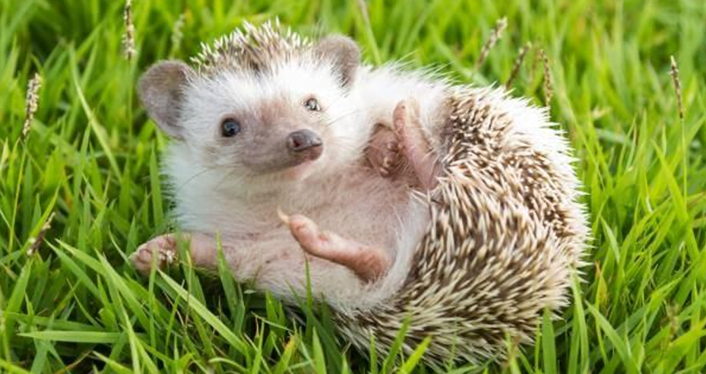
Irishexaminer
A hedgehog is a spiny mammal from the subfamily of Erinaceinae. There are many species of hedgehog in Asia, Africa, Europe, and New Zealand. However, they are not found in America and Australia. The hedgehog is cute to look at, but it is covered with spikes that can hurt someone. Therefore, you must take extreme care while holding it and warn the guests to stay away from your new pet. Hedgehogs are also night creatures and suitable for outdoor environments; otherwise, they can disturb your sleep indoors.
Fennec Fox
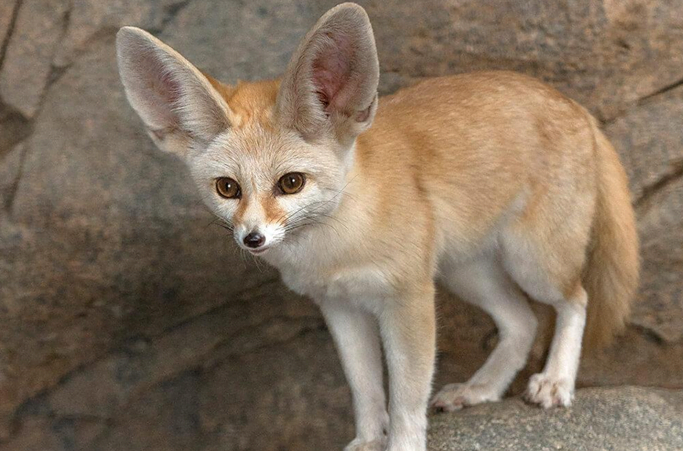
The Fennec Fox is another adorable pet that looks similar to Pokemon. Similar to Pokemon, the fennec foxes don’t easily bond with people and also don’t like to live in cages or boundaries. They belong to the same family as dogs, but their actions are similar to cats. They can chase away the mice from your house, but they take time to get familiar with humans. It is good to bring a tiny fennec fox as it can adjust with your family members within the first few weeks.
Serval Cat
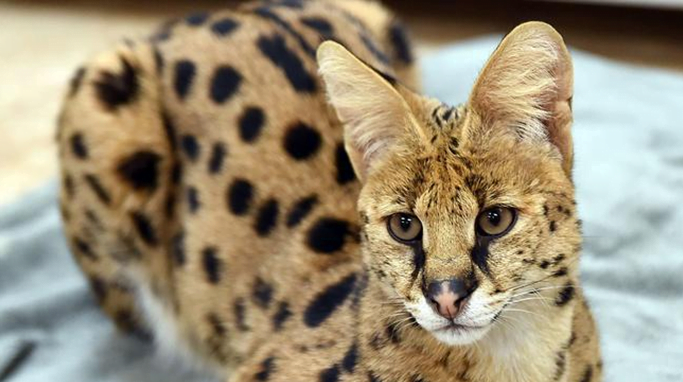
Trbimg
The serval cat is a wild cat found in the jungles of Africa. The species is found in sub-Saharan countries and does not behave like a house cat. It looks like a leopard, and you need to learn about its behavior before bringing it to your house. It is not as dangerous as a big cat, but it belongs to the same family of big cats.
A serval cat lives in jungles and may not adjust easily to your house. Therefore, it must adjust to the environment of your home within the first few days.
Wallaby
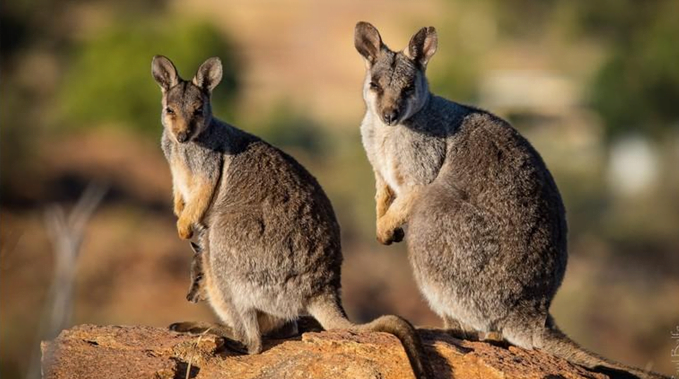
A wallaby looks like a tiny kangaroo and can attract the attention of any person due to its cute look. However, they are incredibly finicky and need plenty of space to live and play. If you have a spacious backyard or indoors, you can bring a wallaby to your home. Although they look tiny, they can grow up to 6 feet in height. If you try to take it for a walk in your yard, don’t be surprised by its bouncing jumps.
Capybaras
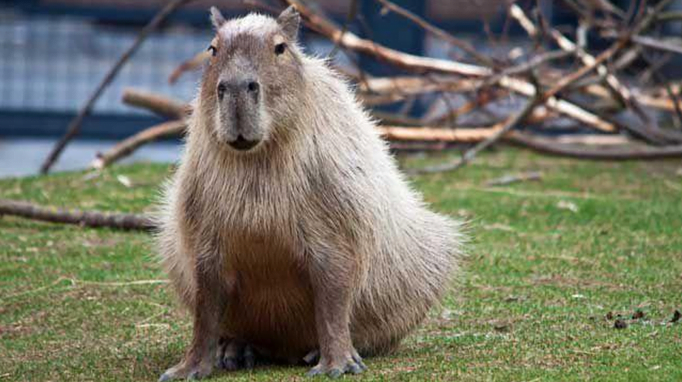
Mnn
Capybaras is another beautiful animal that you can bring to your home. It is also called the water pig in some countries. Although it looks small it can grow up to 150 pounds in weight. Capybaras is an animal that is harmless to humans. It is not so social, but you can keep it in your home without worry. Even if you have kids, there is no harm in bringing a capybaras to your house.
Squirrel Monkey
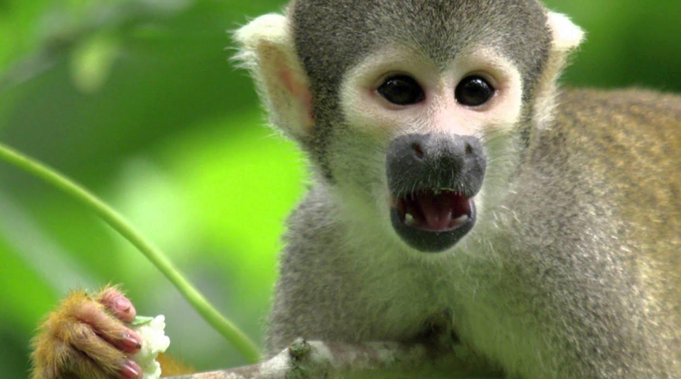
Youtube
If you want the cutest pet in your home, you cannot find any better than squirrel monkeys. Now, who doesn’t like a cute monkey, but you should not a think of it as fun as it seems. Squirrel monkeys would fight for their alpha status with other pets. Moreover, they can hit you, and yell at you to steal the food. However, if you train them at a young age, you can keep them as pets in your house.
Arctic fox
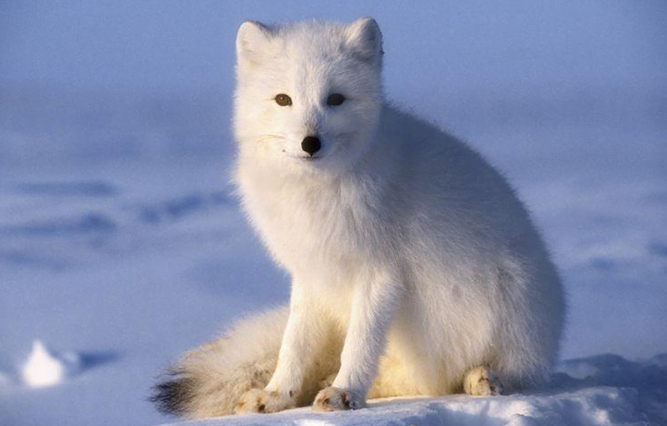
There is no doubt that an Arctic fox creature is adorable, but when it comes to foxes as pets, you should know that these animals are tamed. People have trained these animals to live with humans but have not domesticated them. Domesticated animals are trained and bred to live with humans for centuries. Therefore, if you want to keep tamed animals like arctic foxes as a pet, they can be more dangerous than domesticated animals.
10 things to take care of while keeping exotic animals as pets
Keeping exotic animals as pets requires careful consideration and commitment, as they often have specialized needs that differ from more common domesticated pets. Here are ten important things to take care of when keeping exotic animals:
- Research and Education:
- Insight: Thoroughly research the specific needs, behavior, diet, and habitat requirements of the exotic animal you plan to keep. Stay informed about local laws and regulations regarding exotic pet ownership.
- Insight: Thoroughly research the specific needs, behavior, diet, and habitat requirements of the exotic animal you plan to keep. Stay informed about local laws and regulations regarding exotic pet ownership.
- Appropriate Enclosure:
- Insight: Provide a spacious and species-appropriate enclosure that mimics the animal’s natural habitat. Consider temperature, humidity, and environmental enrichment to promote mental and physical well-being.
- Insight: Provide a spacious and species-appropriate enclosure that mimics the animal’s natural habitat. Consider temperature, humidity, and environmental enrichment to promote mental and physical well-being.
- Dietary Requirements:
- Insight: Exotic animals often have specialized diets. Consult with a veterinarian or exotic animal expert to ensure you are providing a nutritionally balanced and species-appropriate diet.
- Insight: Exotic animals often have specialized diets. Consult with a veterinarian or exotic animal expert to ensure you are providing a nutritionally balanced and species-appropriate diet.
- Veterinary Care:
- Insight: Find a veterinarian experienced in treating exotic animals. Regular health check-ups and preventive care are essential for the well-being of your pet.
- Insight: Find a veterinarian experienced in treating exotic animals. Regular health check-ups and preventive care are essential for the well-being of your pet.
- Behavioral Enrichment:
- Insight: Provide mental stimulation and environmental enrichment to prevent boredom and stress. This can include toys, climbing structures, and activities that encourage natural behaviors.
- Insight: Provide mental stimulation and environmental enrichment to prevent boredom and stress. This can include toys, climbing structures, and activities that encourage natural behaviors.
- Temperature and Humidity Control:
- Insight: Many exotic animals are sensitive to temperature and humidity fluctuations. Ensure that the enclosure maintains the appropriate conditions for your pet’s well-being.
- Insight: Many exotic animals are sensitive to temperature and humidity fluctuations. Ensure that the enclosure maintains the appropriate conditions for your pet’s well-being.
- Legal Compliance:
- Insight: Understand and comply with local, state, and national regulations regarding the ownership of exotic animals. Ensure you have the necessary permits and approvals.
- Insight: Understand and comply with local, state, and national regulations regarding the ownership of exotic animals. Ensure you have the necessary permits and approvals.
- Socialization and Handling:
- Insight: Some exotic animals may require specific handling techniques or socialization efforts. Understand your pet’s comfort level with human interaction and provide positive experiences.
- Insight: Some exotic animals may require specific handling techniques or socialization efforts. Understand your pet’s comfort level with human interaction and provide positive experiences.
- Escape Prevention:
- Insight: Exotic animals may have specific escape skills. Secure enclosures with locks, check for potential escape routes and take preventive measures to ensure the safety of your pet and others.
- Insight: Exotic animals may have specific escape skills. Secure enclosures with locks, check for potential escape routes and take preventive measures to ensure the safety of your pet and others.
- Long-Term Commitment:
- Insight: Exotic animals often have long lifespans. Consider the long-term commitment required before acquiring an exotic pet. Be prepared for the financial, time, and emotional investment involved.
Remember that exotic animals have unique needs and are not suited for everyone. Responsible ownership requires dedication, education, and ongoing commitment. If you’re considering an exotic pet, consult with experts in the field, join local exotic pet owner communities, and prioritize the well-being of the animal in your care. Always choose reputable sources for acquiring exotic pets and avoid supporting illegal or unethical practices, such as the illegal wildlife trade.
Final Words
These are some exotic and rare animals to keep as pets. However, the habits of these animals are different of regular cats and dogs. You need to study the behavior and survival habits of these animals and train them to live around humans. You can hire an in home pet sitting service to train these animals to live as pets in your house and adjust to your home environment.
Related posts:
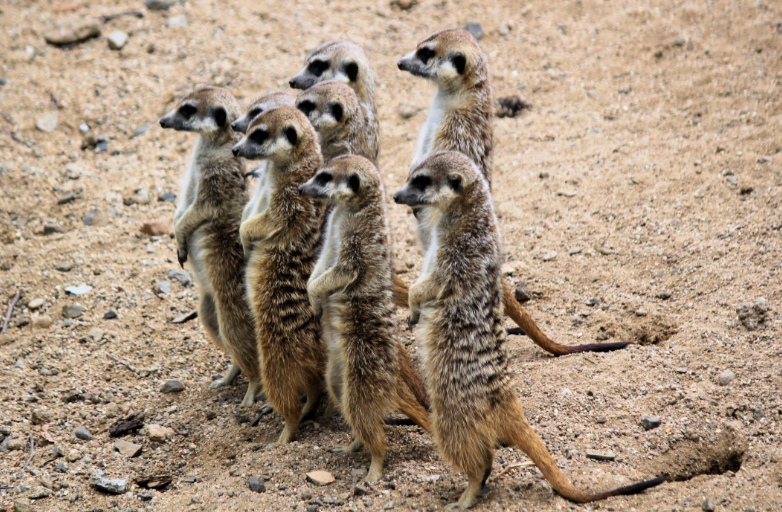







Hi there, after reading this amazing piece of writing i am also happy to share my knowledge here with mates.|